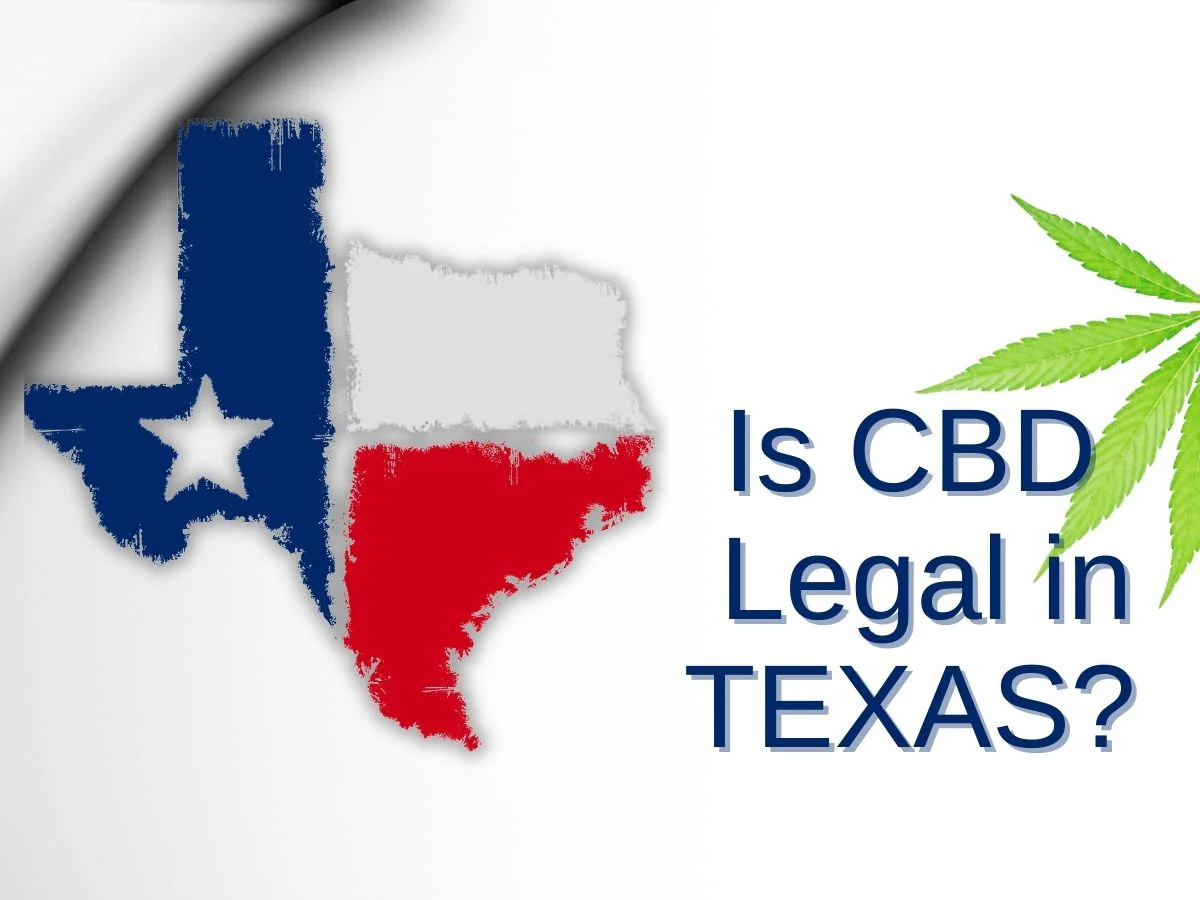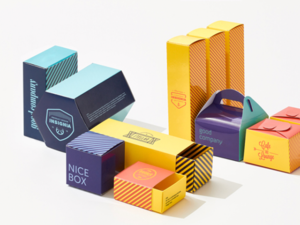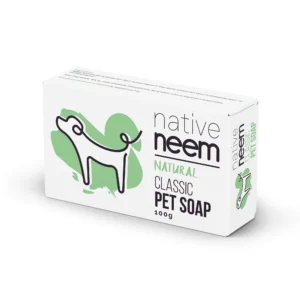Cannabidiol, better known as CBD, has become one of the most popular wellness products in the United States. From CBD oils and tinctures to gummies, creams, and pet products, CBD is everywhere. But for Texans, the question often arises: Is CBD actually legal in Texas? The short answer is yes — but with conditions.
In this blog, we’ll break down everything you need to know about CBD laws in Texas as of 2025, including the federal background, state rules, what is legal and what isn’t, recent changes in legislation, and practical advice for consumers and businesses.
Understanding CBD and Related Terms
Before diving into the legal side, it’s important to understand what CBD actually is, and how it differs from marijuana and other cannabinoids.
-
CBD (Cannabidiol): A natural compound found in cannabis plants, CBD is non-psychoactive, meaning it won’t get you “high.”
-
THC (Tetrahydrocannabinol): This is the psychoactive compound in cannabis. In high amounts, it causes intoxication.
-
Hemp: A cannabis plant that contains 0.3% or less THC by dry weight. Hemp is the legal source of CBD products.
-
Marijuana: Cannabis plants that contain more than 0.3% THC. These remain illegal for recreational use in Texas.
-
Delta-8, Delta-9, THCa: Other cannabinoids related to THC that often cause confusion and have separate legal debates in Texas.
Get Custom CBD Boxes for quality branding by The Visions Packaging.
Federal Background: The 2018 Farm Bill
At the federal level, the 2018 Farm Bill legalized hemp and hemp-derived products, as long as they contain no more than 0.3% delta-9 THC. This legislation opened the doors for CBD to be sold nationwide, but it also left the door open for individual states to regulate hemp products however they see fit.
That means even though CBD is legal federally, each state — including Texas — has the power to create additional rules and restrictions.
Texas Hemp and CBD Laws
House Bill 1325 (2019)
Texas officially legalized hemp in 2019 with House Bill 1325, aligning state law with the federal Farm Bill. This law made it legal to grow hemp in Texas and allowed the sale and possession of hemp-derived CBD products, as long as they don’t exceed the 0.3% THC threshold.
The Consumable Hemp Program
The Texas Department of State Health Services (DSHS) manages the Consumable Hemp Program, which oversees the production, sale, and distribution of CBD and hemp products. Businesses that manufacture, distribute, or sell hemp-derived consumable products in Texas must be licensed or registered under this program.
This means that while consumers can freely buy CBD products, businesses face strict rules about testing, labeling, packaging, and licensing.
The Texas Compassionate Use Program
It’s important to distinguish between hemp-derived CBD and medical cannabis. Texas has a medical cannabis system called the Texas Compassionate Use Program (TCUP). This program allows patients with certain medical conditions to access low-THC cannabis oil prescribed by licensed doctors. Unlike over-the-counter CBD, this medical cannabis is regulated under different laws.
Recent Legal Changes in Texas
CBD laws in Texas have evolved rapidly, and several new bills have been proposed and debated in recent years. Here are the key highlights:
The Vape Ban (2025)
As of September 1, 2025, Texas officially banned the sale and marketing of cannabinoid vape products. This includes vape pens containing CBD, Delta-8, Delta-9, and other cannabinoids. While possession of these products is less of a focus, the sale, marketing, and distribution are now criminalized, especially if targeting minors.
Proposed Bans on THC Products
In 2025, lawmakers introduced multiple bills to restrict or ban hemp-derived THC products. Some proposals aimed to outlaw all consumable products containing any detectable THC. While some bills passed in the Senate, they failed in the House or were vetoed by the governor.
Stricter Testing and Labeling Rules
Even for legal CBD, Texas has tightened its regulations. Products must undergo laboratory testing to verify THC content and safety. Labels must include batch information, ingredients, and warnings to ensure consumer protection.
What Is Legal in Texas Today?
As of late 2025, here’s a breakdown of what is and isn’t legal in Texas when it comes to CBD and hemp products:
✅ Legal:
-
Hemp-derived CBD products containing ≤ 0.3% delta-9 THC
-
CBD oils, tinctures, gummies, capsules, creams, and edibles (as long as they meet testing and labeling requirements)
-
The sale of CBD products by licensed businesses registered with DSHS
-
Medical cannabis products prescribed under the Texas Compassionate Use Program
❌ Illegal or Restricted:
-
Any CBD or hemp product containing more than 0.3% delta-9 THC (these are considered marijuana products)
-
Cannabinoid vape products, including CBD vapes (banned as of September 2025)
-
Products marketed with misleading health claims or without proper testing/labeling
-
Selling CBD or hemp products to minors without proper safeguards
Key Considerations for Consumers
Even though CBD is legal in Texas, there are a few important points to keep in mind as a consumer:
-
Check the Label – Always ensure your CBD product has clear labeling with THC content, batch number, and lab results.
-
Avoid False Medical Claims – Be cautious of companies marketing CBD as a “cure” for serious diseases. These claims are not FDA-approved.
-
Be Wary of Vape Products – As of September 2025, selling or buying cannabinoid vape products is illegal in Texas.
-
Stick to Reputable Brands – Choose products from licensed businesses that comply with state testing and labeling standards.
Key Considerations for Businesses
If you’re in the CBD business in Texas, compliance is everything. Here’s what you need to know:
-
Licensing and Registration: You must have the proper DSHS license or retail registration to sell consumable hemp products.
-
Testing Requirements: Products must be tested by an accredited lab to ensure they don’t exceed THC limits and are free from contaminants.
-
Labeling Standards: Labels must accurately display ingredients, THC content, and warnings. False or misleading packaging can result in penalties.
-
Stay Updated: Texas lawmakers regularly propose new hemp and cannabis regulations. Business owners should keep up with legislative changes to avoid violations.
Common Misconceptions About CBD in Texas
Because the laws are complex, there are many myths and misunderstandings about CBD in Texas. Let’s clear up a few:
-
“CBD is completely unregulated.”
Wrong. CBD products are heavily regulated in Texas, especially regarding labeling, THC limits, and licensing. -
“All forms of CBD are legal.”
Not true. While oils, tinctures, and gummies are legal, CBD vape products are now banned. -
“CBD and medical marijuana are the same.”
False. CBD products can be bought over the counter if compliant, while medical marijuana requires participation in the Texas Compassionate Use Program. -
“Federal law makes CBD legal everywhere without restrictions.”
Misleading. Federal law legalized hemp, but states like Texas can still impose stricter rules.
The Future of CBD in Texas
The CBD and hemp industry in Texas continues to face uncertainty. Lawmakers are divided between regulating the industry to ensure consumer safety and banning certain products altogether.
Trends to watch in the coming years include:
-
Whether Texas will adopt stricter THC testing standards (such as banning products with any detectable THC).
-
Expansion of the Texas Compassionate Use Program to include more conditions or higher THC limits.
-
Potential federal action by the FDA to regulate CBD in food, beverages, and supplements more clearly.
-
Ongoing debates about Delta-8, THCa, and other cannabinoids that fall into legal gray areas.
So, is CBD legal in Texas? Yes — with limits.
Hemp-derived CBD products containing no more than 0.3% delta-9 THC are legal for sale and possession in Texas. However, businesses must follow strict testing, labeling, and licensing rules, and consumers should avoid vape products, which are now banned.
Texas laws continue to evolve, and while CBD is widely available, the rules around THC content, cannabinoids like Delta-8, and product forms such as vapes remain under debate.
For Texans, the key is to stay informed. If you’re a consumer, buy only from reputable sources. If you’re a business, stay compliant and be prepared for ongoing changes in state law.
CBD may be legal in Texas, but it’s not a free-for-all — and the legal landscape will likely continue shifting in the years ahead.
If you want to start your own CBD Business in Texas then The Visions Packaging will be your first pirorty as they provide quality Custom CBD Boxes in Houston Tx.





